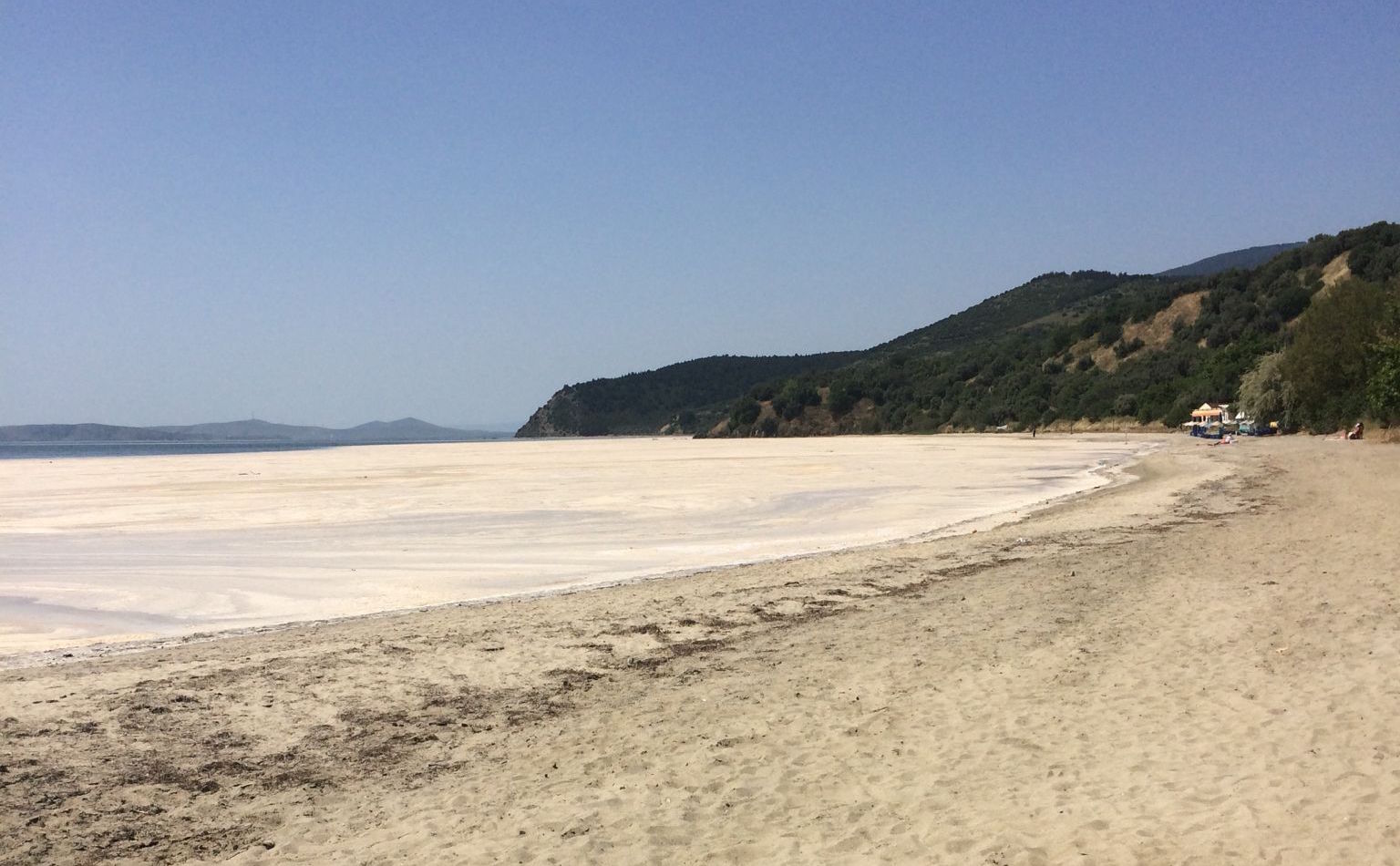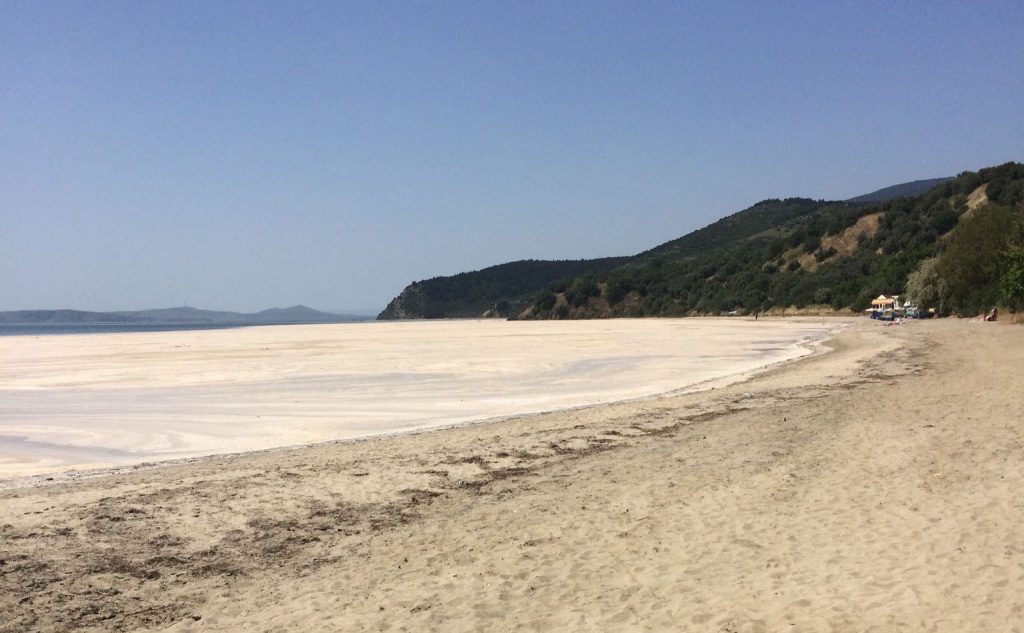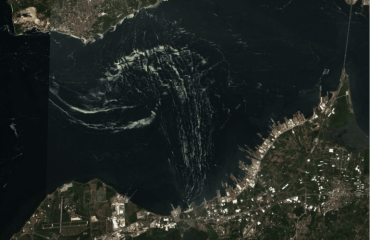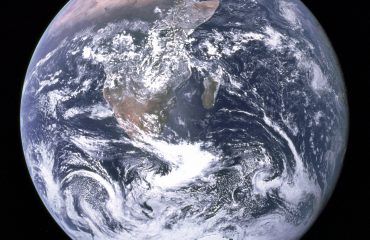

On World Biodiversity Day on May 22, I drew attention to nitrogen pollution in my article as a major threat to the environment. Coincidentally after this article, images of ‘sea snot’ in the Marmara Sea started to take place in Turkey’s environmental agenda. Experts warned in the news that this incident was a result of global warming. The news took place not only in Turkey but also in the international press. Turkey’s seas are not only places where we have a romantic sunset by eating seafood, but also very important ecosystems both economically and ecologically. Sea snot news shows that we do not appreciate the value of our seas. How?
Sea surface temperatures are rising all over the world. United States National Oceanic and Atmospheric Administration data show that the average global sea surface temperature has increased by about 0.13 Centigrade degrees in each decade of the past 100 years. Marine biodiversity is under threat due to temperature increases. Increasing temperatures also affect the pollution in the seas. Especially when domestic wastes reach the sea, the abundance of phytoplankton rises with temperature increases. Phytoplanktons, single-celled organisms that perform photosynthesis, are important for marine biodiversity and the Earth, but their uncontrolled population increase threatens aquatic life.
Disruption of the nitrogen cycle
The main driver of phytoplankton increase is waste that contains nitrogen and phosphorus. The number of phytoplankton can be out of control when wastes containing them are commonly found in seawater. These wastes have been polluting the Marmara Sea for a long time. The Marmara Sea, where the wastewater of about 20 million people reaches, is already under threat with phytoplankton explosions. In addition, the Marmara Sea can be defined as an ecosystem that feeds on the nutrient-rich Black Sea. In other words, man-made wastes can cause phytoplankton to get out of control in the Marmara Sea with the effect of seawater from the Black Sea.
Phytoplankton numbers are getting out of control, causing the seas to become an oxygen-poor ecosystem. The result is that the mucus-like images we see these days are formed over the seas. This mucus-like substance is not harmful alone; experts say this substance is a combination of protein, carbohydrate, and fat. However, this substance that is formed causes pollution that strangles marine life by attracting many microorganisms, including E. coli.
Biodiversity is irreversibly threatened
Turkish scientists working on corals observed that these habitats were completely covered with sea snot. For corals, sea snot is considered a significant threat because it causes the rapid death of corals, causing the sea bottoms to become desertified.
Sea snot undoubtedly affects invertebrates, one of the biological elements of the Marmara Sea, negatively. Nowadays, the mucus layer that reaches the coastline has started to threaten the breeding grounds of fishes. It seems that the pressure of global warming and, most importantly, human population growth will bring negative effects on the economy. The fishing industry especially may experience difficulties. It is now a necessity to reduce the wastewater pressure in the Marmara Sea in order not to create a new economic burden on Turkey and, most importantly, not to damage the unique biodiversity that we have. The point I need to underline once again is that we should pay attention to nitrogen pollution, which increases the negative effects of global warming. Of course, let’s not put aside the uncontrolled acceleration in human population growth.


